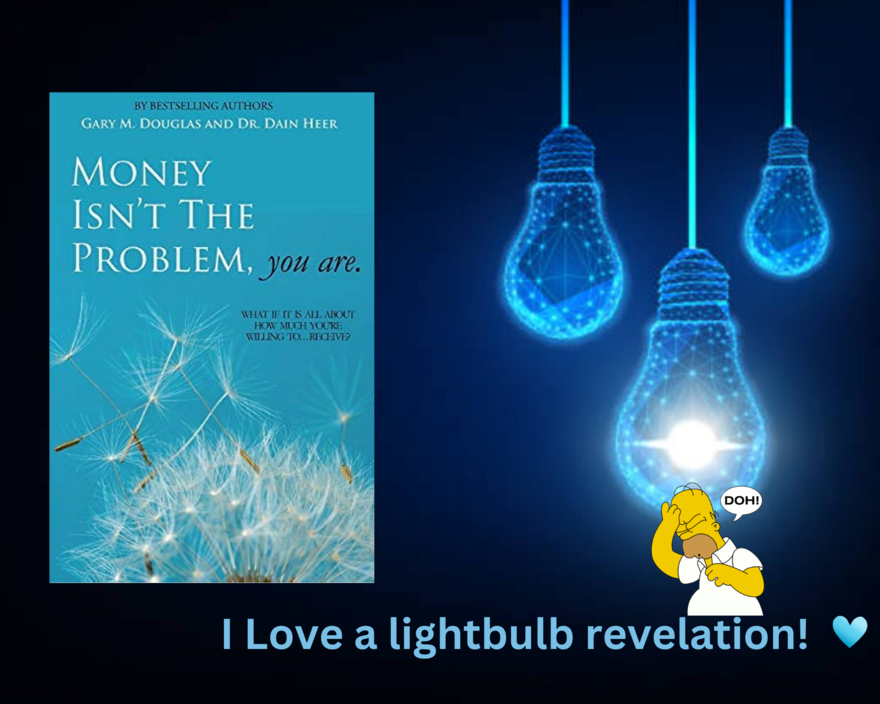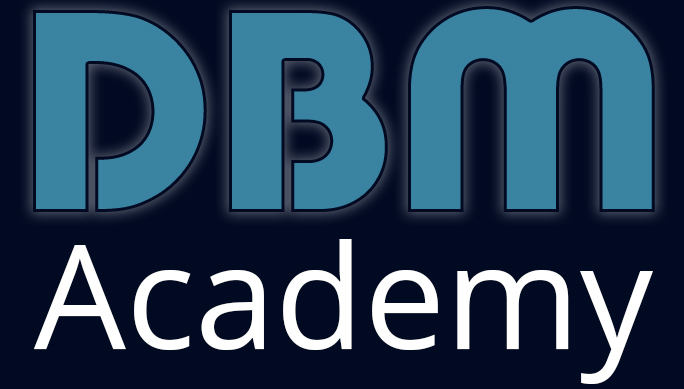“Unwanting” The Unveiled Contrasts: from Lacklustre to Lust-worthy Desires

Don’t you love it when you get hit with a lightbulb moment that stops you in your tracks, makes you think, and elevates your awareness as a result? I had a moment the other day and wanted to share it with you. It came from a book recommendation, that led to an interview with the author and one word he mentioned – “Want”. I had a Homer Simpson “D’oh” type response to what was discussed. Let’s dive deeper.
want (noun):
- 1. A lack or deficiency of something; a need or desire for something that is absent or unavailable. Example: There is a want of resources to address the pressing issues.
- 2. The state of not having enough of something; poverty or destitution. Example: The charity aims to help those in want.
want (verb):
- 1. To have a desire or need for something; to wish for or seek something that is lacking or absent. Example: I want to travel the world and experience different cultures.
- 2. To be lacking or in need of something; to be without or deprived of something. Example: The community wants better access to education and healthcare.
In our quest for fulfillment and abundance, the word "want" often takes centre stage in our daily conversations. We commonly use it to express our desires and aspirations, but the true meaning of "want" goes beyond surface-level wishes. In the revolutionary book "Money Isn't the Problem - You Are" by Gary M. Douglas and Dr. Dain Heer, we discover the profound contrast between "want" as a sense of lack and our perception of it as desiring something more. This exploration sheds light on how language can program our minds to focus on either scarcity or abundance.
The Perceived Lack of "Want"
Traditionally, the word "want" is synonymous with a lack or deficiency of something we desire or need. Did you know that in pre 1950s dictionaries there were 26 different definitions of “Want” meaning Lack!! Honestly, this perspective had not consciously occurred to me. And what is it Doing? Instilling a mindset of scarcity, where we are consistently focusing on what we lack rather than what we have. This perception of "want" can lead to feelings of discontent, frustration, and a sense of insufficiency.
Linguistic Programming and Scarcity Mindset
Language plays a significant role in shaping our thoughts and beliefs. When we continually use language patterns that emphasize the lack implied in "want," we unintentionally program our minds to focus on scarcity. For instance, when we say, "I want a better job because I hate my current one," we emphasize the dissatisfaction with our current situation rather than focusing on the possibilities of finding a fulfilling career.
Reframing "Want" as Desires and Aspirations
The teachings of Douglas and Heer encourage us to reframe our perception of "want" from a place of lack to a space of desires and aspirations. Instead of dwelling on what we lack, we can acknowledge our desires as stepping stones towards personal growth and abundance.
Embracing Positive Language
By using positive language in expressing our desires, we reprogram our minds to focus on abundance and possibilities. Rather than saying, "I want to get out of debt because I'm drowning in bills," we can say, "I desire financial freedom to create a life of prosperity and opportunities."
Understanding Authentic Desires
It's essential to distinguish between superficial desires influenced by external factors and authentic desires that align with our core values and passions. Sometimes, societal expectations can cloud our true aspirations, leading us to chase material possessions without genuine fulfillment.
The Power of Gratitude
Shifting our focus from lack to gratitude can transform our perception of "want." By expressing gratitude for what we already have while acknowledging our aspirations, we open ourselves up to a flow of abundance. Gratitude instills a sense of contentment and attracts more positive experiences into our lives.
Transcending the Material "Want"
As we delve deeper into the meaning of "want," we realize that true empowerment lies in transcending the material realm. While material possessions and financial stability are valuable, they should not define our self-worth or happiness.
Conclusion
The word "want" carries contrasting meanings: one that signifies lack and another that symbolizes desires and aspirations. By delving into the principles presented in "Money Isn't the Problem - You Are" by Gary M. Douglas and Dr. Dain Heer, we learn to navigate the delicate balance between recognizing what we lack and acknowledging our authentic desires.
Linguistic programming teaches us the power of language in shaping our mindset, and by adopting positive expressions of our desires, we can attract abundance and contentment into our lives. Embracing gratitude for what we have while remaining open to growth allows us to transcend the material "want" and connect with the core of our being, where true fulfillment resides. Let us embrace the profound contrast of "want" and cultivate a life of abundance, purpose, and limitless possibilities.
I have the book on order and am eager to learn more.
So say it loud 10 times - I do not want money!
Find out more about developing the mindset, skills and systems to create wealth and thrive in the world of blockchain at the DBM Academy - www.dbm.academy/
